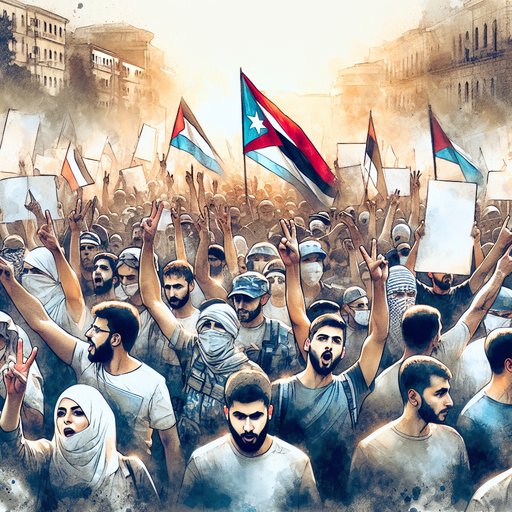
This week, Kenya’s human rights movement found itself at the center of national attention after prominent activist Boniface Mwangi was charged with possession of ammunition, following government crackdowns on recent antigovernment protests. The legal development, unfolding just days after widespread demonstrations demanding democratic reforms, is seen by supporters and observers alike as a defining moment in the ongoing struggle for civil liberties and the right to protest in the country. The case has sparked both concern and cautious hope among rights advocates, who see Mwangi’s resilience as emblematic of Kenyans’ aspiration for a more just and open society [1].
Boniface Mwangi, a widely respected activist and former photojournalist, was charged this week over his alleged role in last month’s deadly antigovernment protests. According to Kenyan authorities, he was found in possession of ammunition without a license—a charge Mwangi steadfastly denies. His legal team contends that the allegations are a form of political intimidation meant to suppress further dissent, especially as Kenya continues to grapple with public discontent and renewed calls for governmental accountability [1].
The reaction to Mwangi’s charges has underscored deep public sentiment in support of democracy and human rights. Numerous advocacy groups and ordinary citizens have voiced concern about the growing crackdown on peaceful protest and civil liberties. At the same time, Mwangi’s defiant stance and continued commitment to nonviolent activism have become a rallying point for those pressing for change, inspiring demonstrations and renewed engagement across the country [1].
Despite these legal and political pressures, Kenya’s pro-democracy advocates remain optimistic. Mwangi’s case, many argue, has shed light on the critical need for an independent judiciary and protections for freedom of expression. Grassroots mobilization appears to be gaining strength, with communities increasingly willing to organize in support of their rights. International observers have also turned their attention to Kenya, with some urging authorities to uphold due process and safeguard democratic norms [1].
The coming weeks may prove decisive for Kenya’s human rights landscape. Activists hope that Mwangi’s trial will serve not as a deterrent but as an impetus for further reforms, galvanizing a new generation of citizens to engage in peaceful civic action. While challenges remain, the swell of support for Mwangi and what he represents highlights a sustained, optimistic push toward a more open, accountable, and democratic Kenya [1].
























